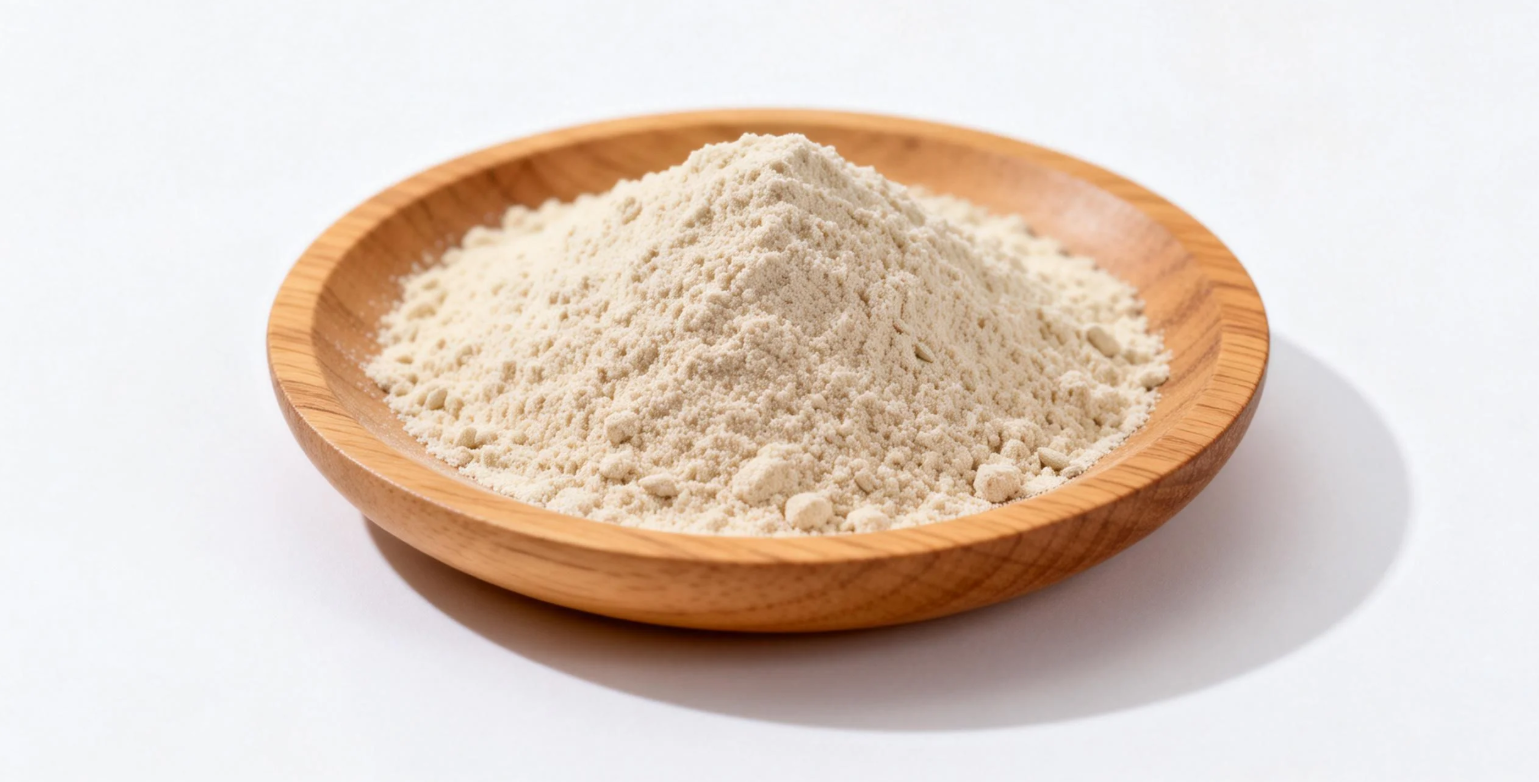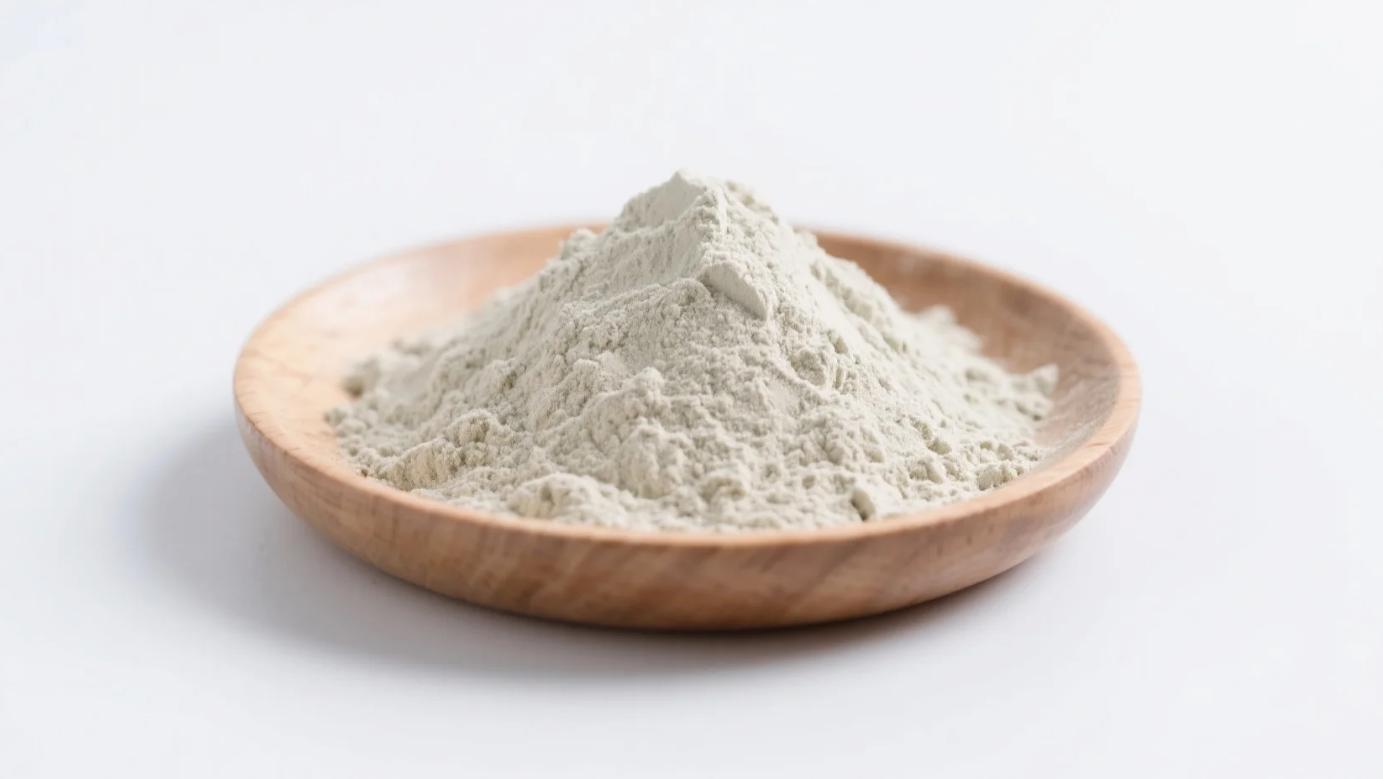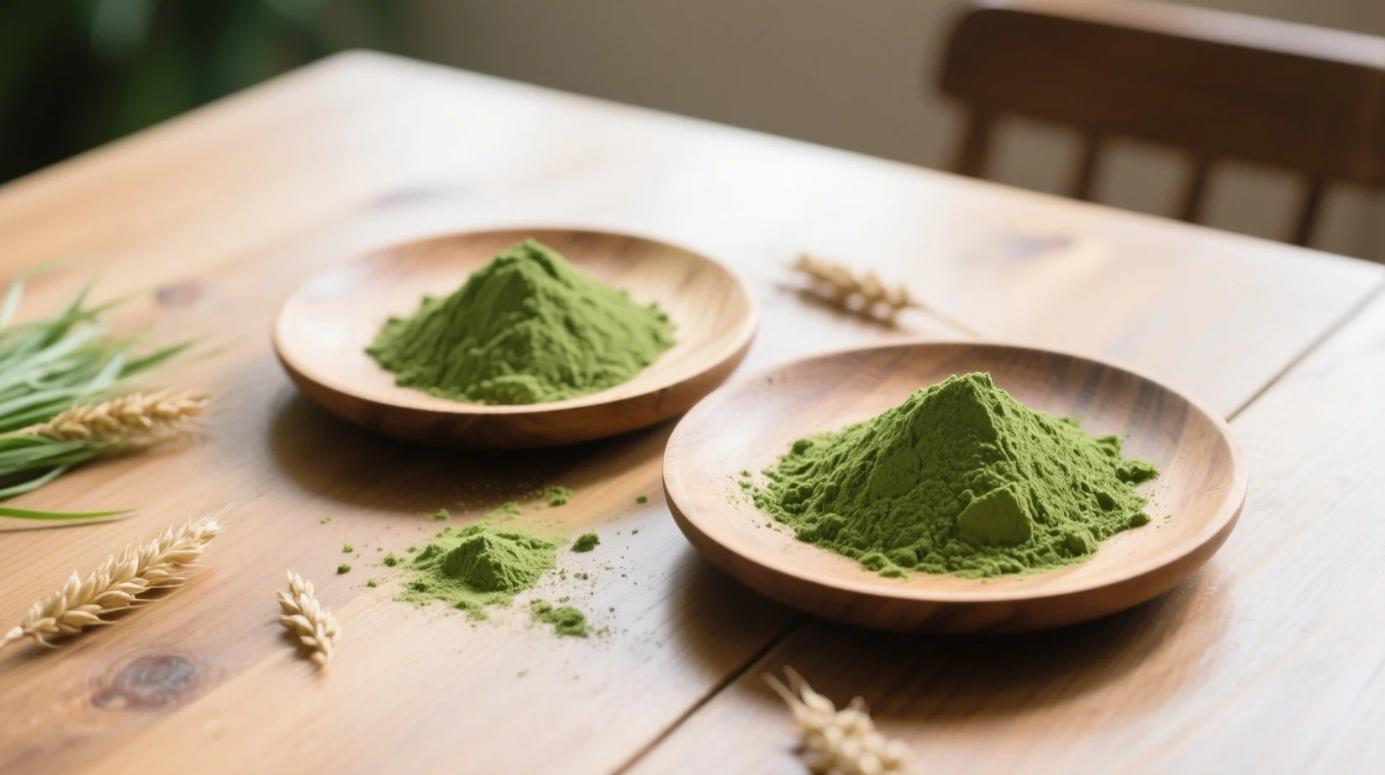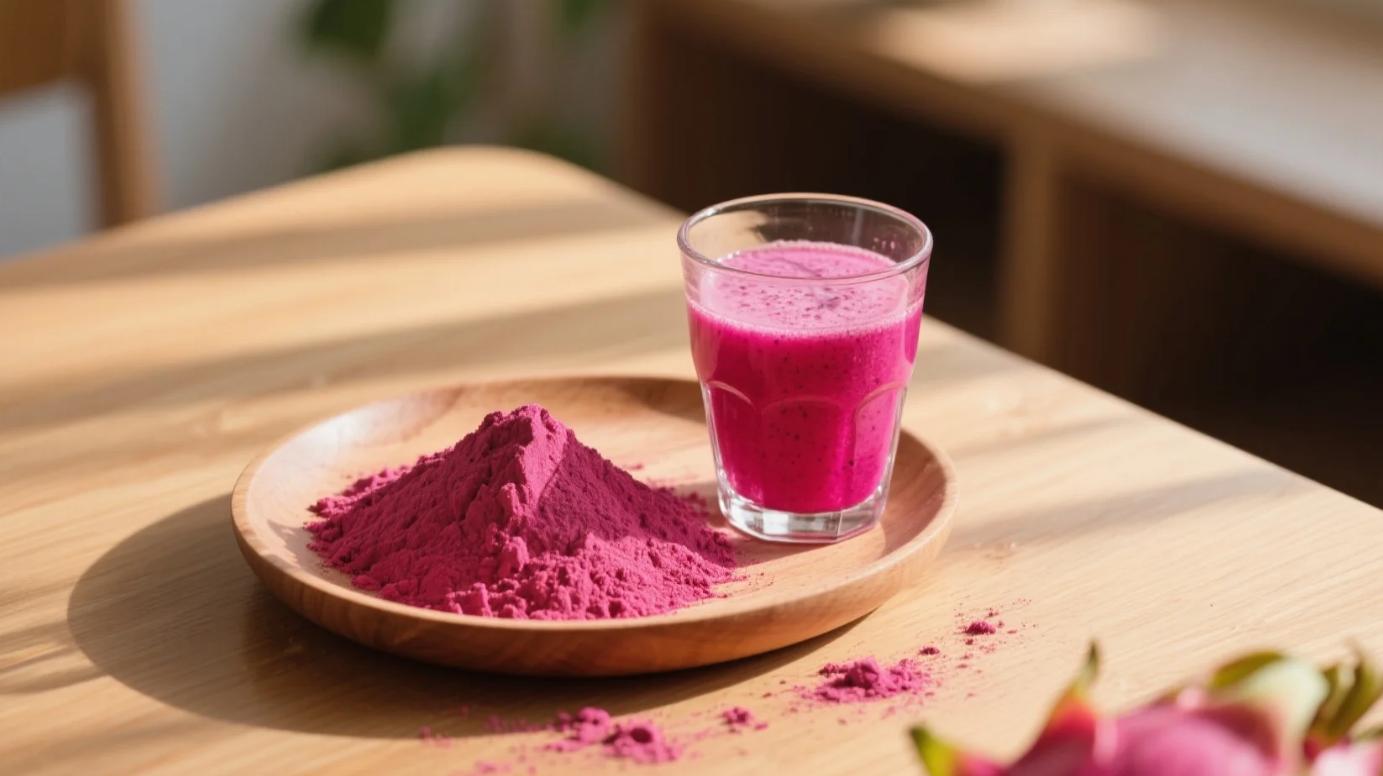Table of Contents
Let’s cut through the hype: Sunflower seed protein is the new darling of plant-based protein aisles. It’s vegan, hypoallergenic, and packs a earthy-nutty flavor that plays nice with smoothies and baked goods. But after months of swapping whey for organic sunflower seed protein powder—and dealing with a few “wait, why does my gut feel weird?” moments—I’ve learned it’s not a flawless superfood. Here’s the honest scoop on its downsides (and how to dodge them).
1. The Allergy Wildcard
While sunflower seeds are less allergenic than nuts or soy, reactions do happen. Sunflower seed allergies are rare but rising, linked to proteins like Ses i 1 and Hel a 3.
- Red Flags: Itchy mouth, hives, or stomach cramps after eating sunflower seeds.
- My Friend’s Story: A lifelong sunflower butter addict developed a sudden allergy at 30. Now she carries an EpiPen.
Organic Advantage: Organic sunflower protein skips pesticide residues (common in conventional seeds), which may reduce immune triggers.
2. Phytates: The Nutrient Blockers
Sunflower seeds contain phytic acid, which binds to minerals like iron, zinc, and calcium, reducing absorption by up to 50%.
- Science Fix: Pair with vitamin C (think citrus or bell peppers) to counteract phytates.
- My Hack: Blend protein powder into a smoothie with spinach (iron) + orange juice (vitamin C).
3. The Fiber Overload Surprise
One serving of organic sunflower protein packs 8g of fiber. Great for gut health—unless you’re new to high-fiber diets.
- Side Effects: Bloating, gas, or constipation if you ramp up too fast.
- Pro Tip: Start with ½ scoop (10g) daily and hydrate like it’s your job.
4. Heavy Metal Roulette
Sunflowers are “hyperaccumulators,” meaning they absorb heavy metals (cadmium, lead) from soil. Non-organic brands risk higher contamination.
- Organic Safer Pick: Grown in regulated soils with compost vs. synthetic fertilizers.
- Third-Party Tested: Look for NSF or USP certifications on labels.
5. The Bitter Truth About Taste
Sunflower protein’s earthy, slightly bitter flavor isn’t for everyone. (My first smoothie tasted like dirt-covered almonds.)
- Mask It: Blend with frozen mango, cinnamon, or cocoa powder.
- Culinary Win: Bake into savory dishes like veggie burgers or crackers.
6. Amino Acid Gaps
Sunflower protein is low in lysine, an essential amino acid crucial for muscle repair and immunity.
- Fix: Pair with lysine-rich foods (beans, quinoa) or a BCAA supplement.
- Athlete Alert: Don’t rely on it as your sole protein source post-workout.
Sunflower vs. Other Plant Proteins
| Factor | Organic Sunflower | Pea Protein | Hemp Protein |
|---|---|---|---|
| Allergy Risk | Low (but rising) | Low | Very low |
| Amino Acids | Low lysine | Complete profile | Balanced but low lysine |
| Digestion | High fiber | Gassy for some | Easy on gut |
| Heavy Metals | Risk (choose organic) | Low risk | Low risk |
Who Should Avoid Sunflower Protein?
- Seed Allergy Sufferers: If chia or flax bother you, tread carefully.
- Kidney Issues: High potassium (350mg per serving) strains compromised kidneys.
- Low-FODMAP Dieters: Moderate FODMAP content may trigger IBS.
How to Use It Safely
- Daily Cap: 25g (1 scoop) max to avoid mineral depletion.
- Soak or Sprout: DIYers can soak seeds overnight to reduce phytates.
- Rotate Proteins: Alternate with rice or pumpkin seed protein for balance.
The Verdict
Organic sunflower seed protein powder is a rockstar for plant-based diets—if you navigate its quirks. It’s sustainable, nutrient-dense, and kinder to allergies than nuts. But treat it like a team player, not a solo act. Pair wisely, start slow, and always opt for certified organic.
Your gut and taste buds will negotiate a truce.
Ready to Try?
Whip up these No-Bake Sunflower Protein Balls:
- 1 scoop organic sunflower protein
- ½ cup oats
- 2 tbsp almond butter
- 1 tbsp maple syrup
Roll, refrigerate, and conquer snack time.
Sunflower protein: Not perfect, but pretty darn close—with a little know-how.
Related Products
Organic Sunflower Seed Protein Powder
A premium, allergen-free plant protein with a neutral nutty flavor and high…
Organic Hemp Protein Powder
Other Name: Organic Hemp Seed Protein, Organic Cold Pressed Hemp Protein
Organic Pea Protein Powder
A high-purity, 80% vegan protein isolate with a robust amino acid profile.…




